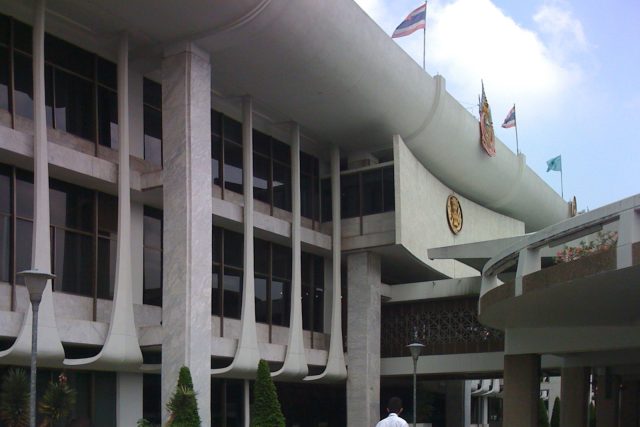The Supreme Court of Canada dismissed an application for leave Thursday in the case of Gwendolyn Louise Deegan v. Attorney General of Canada. The decision brings to an end a legal battle over the US Foreign Account Tax Compliance Act (FATCA) and the Canada-US Enhanced Tax Information Exchange Agreement Implementation Act (IGA) that began in the Canadian federal court system in 2014, spanning nearly a decade.The agreement at issue compels Canadian banks to share financial information, including names and account numbers, of US citizens living in Canada with the Internal Revenue Service (IRS), the US’s taxation agency. The IRS says that the FATCA protects against cybercrime and international money laundering schemes.Plaintiffs Gwendolyn Louise Deegan and Virginia Hillis are two Ottawa women with dual citizenship in Canada and the US. In 2014, the plaintiffs filed a statement of claim, arguing the IGA violated Canadian tax law. In subsequent appeals, Deegan and Hillis argued that the law violates Section 8 and Section 15 of the Canadian Charter of Rights and Freedoms. Section 8 protects “the right to be secure against unreasonable search and seizure.” Section 15 provides for “equal protection under the law.” The Federal Court of Appeals ruled against the plaintiffs in 2022 on the basis that the public interest of requiring a seizure outweighed the private interests of any persons affected by the laws.Though both women were born in the US, Deegan and Hillis spent the majority of their lives in Canada. According to a report by the CBC back when the original suit was filed, the women “have never paid or filed U.S. taxes. Indeed, neither has ever had or used a U.S. passport.” Yet under the IGA, their banks must report on any “taxable events” that occur, even if they are not taxable events in their country of habitation. The banks are required to do this in order to avoid a hefty 30 percent tax penalty on their US holdings. Opponents have fought the battle against the bill for years because they say its provisions expose them to an unfair risk of “double taxation.”Under Canadian law, the dismissal of the application for leave by the Supreme Court means that the case is ineligible for further appeal.




The Most Read
Сryptocurrencies
Bitcoin and Altcoins Trading Near Make-or-Break Levels
Financial crimes
Thieves targeted crypto execs and threatened their families in wide-ranging scheme
Financial crimes
Visa Warning: Hackers Ramp Up Card Stealing Attacks At Gas Stations
News
Capitalism is having an identity crisis – but it is still the best system
Uncategorized
The 73-year-old Vietnamese refugee is responsible for bringing Sriracha to American consumers
Uncategorized
Electric Truckmaker Rivian, Backed By Amazon, Ford, Raises Whopping $1.3 Billion